Russian assets impasse faces obstacles beyond Belgium
The European effort to tap frozen Russian assets to keep Ukraine afloat is stalling over Belgian objections, but Slovakia’s leader is reminding the EU that he’s also in line to block the plan.
Belgium’s demands for financial guarantees from EU capitals against the loan have become the focal point of the initiative, which would leverage frozen Russian state assets on Belgian soil. Top brass within the European Commission fell short of convincing the Belgian premiership to get on board with the plan on Friday, according to two officials briefed on the talks.
Then Slovakia’s prime minister, Robert Fico, chimed in, further complicating the bloc’s drive to fill Kyiv’s war chest before it runs bare in the spring.
“Slovakia won’t take part in any legal or financial schemes to seize frozen assets if those funds would be spent on military costs in Ukraine,” Fico told the Slovakian public broadcaster, STVR, on Sunday.
Fico’s comments signal the legal challenge the Commission faces to counteract the veto threat that Kremlin-friendly countries in the EU have over Russian sanctions — also a key demand from the Belgians. The Commission is working on a legal loophole to keep the Russian assets on ice until Moscow ends the war and pays war reparations to Ukraine.
Without the loophole, Slovakia or Hungary could torpedo the entire initiative when the EU needs to reauthorize its Russian sanctions every six months, sending any sanctions cash back to Moscow.

EU finance ministers will take up the debate again when they meet for this month’s Ecofin gathering in Brussels, with hopes that the Commission will formally provide a list of alternative financing options for Ukraine if the EU can’t agree to use sanctioned Kremlin cash.
The options list is designed to focus minds and remind EU capital that they’ll to dig into their own coffers to back Ukraine, if the reparations loan fails to get off the ground — an unappealing prospect for countries whose economies are still reeling from a bruising pandemic. The same goes for Slovakia, whose debt pile hit 88.2 percent of its economic output in the summer.
Spare change
Meanwhile, the Commission is looking for other channels to help buttress Ukraine’s finances so that it can keep up the fight against Russian forces.
Among them is Norway, whose finance minister, Jens Stoltenberg, is arriving in Brussels on Wednesday to discuss Kyiv’s financing needs among other policy topics. Economists and Norwegian politicians have suggested that Norway, bolstered by its giant sovereign wealth fund, provide the guarantee for the reparations loan. While welcome, the chances of that happening are slim, according to the official quoted above.
The Commission is also encouraging EU capitals to use a recent €150 billion initiative for procuring defense contracts, dubbed SAFE, to get more weapons into the hands of Ukrainian troops.
For the rest, the EU will have to step in unless Belgium, Hungary and Slovakia relent.
EU leaders are next scheduled to meet in mid-December. But the same official said that an agreement on the reparations loan then would be too late, as it’ll take months to get aspects of the deal through some national parliaments, including France and Germany.
Delays at the EU level also have a knock-on effect on international financing for Ukraine from the world’s lender of last resort. The International Monetary Fund will only lend more money to Kyiv when it’s comfortable with the country’s financial health, and the reparations loan is key to securing a positive outcome.
Gregorio Sorgi, Giovanna Faggionato, and Ben Munster contributed to this report from Brussels.
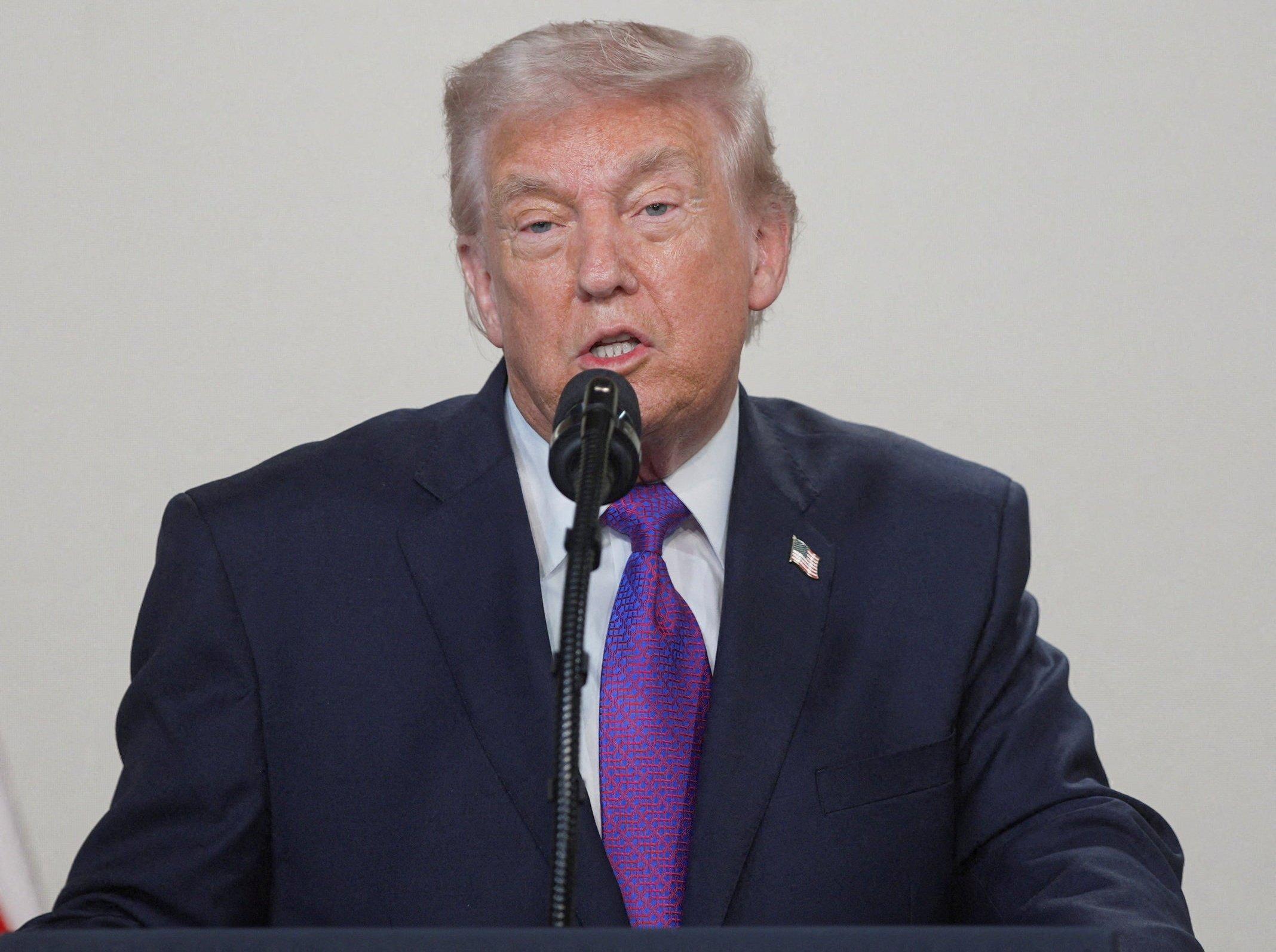

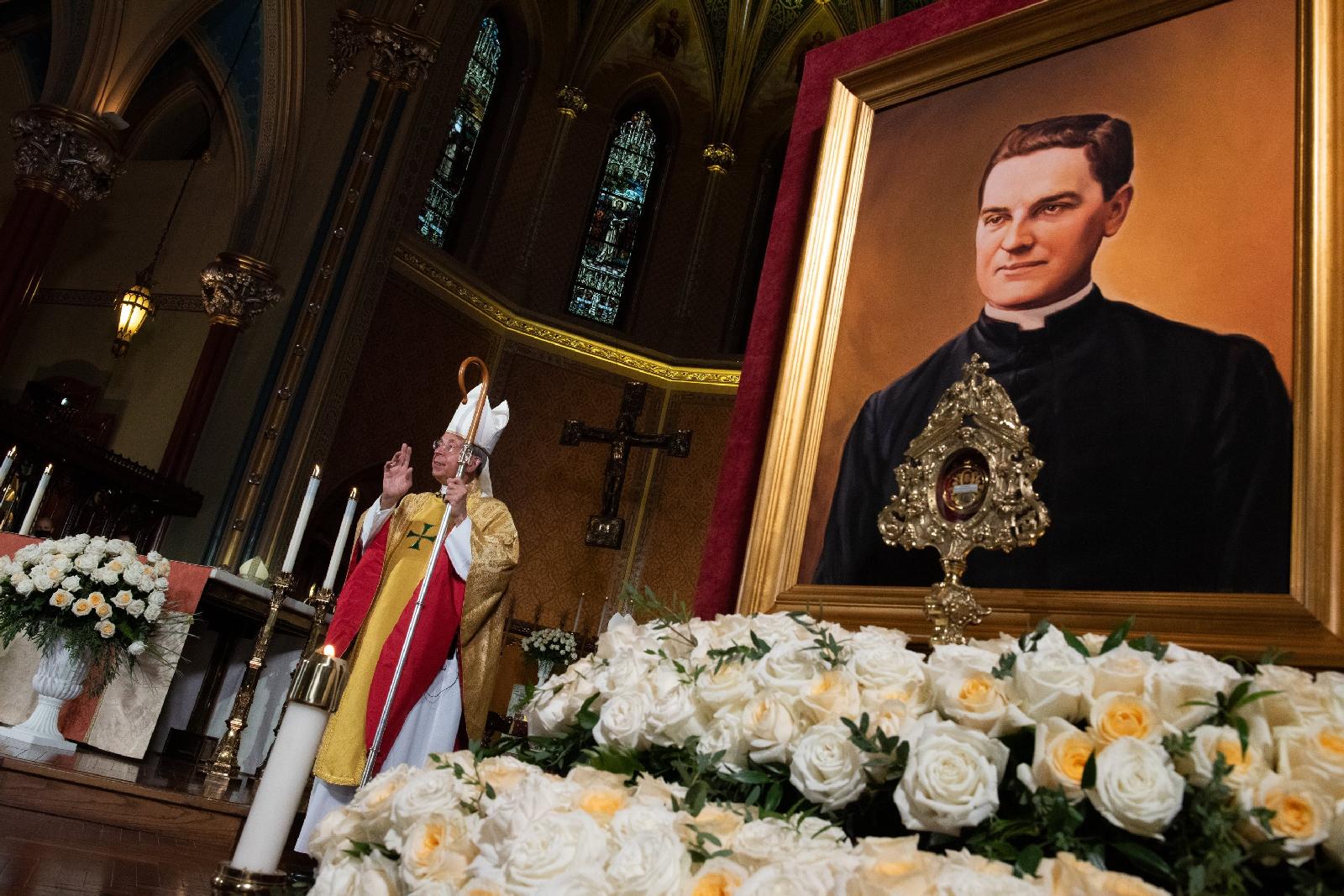
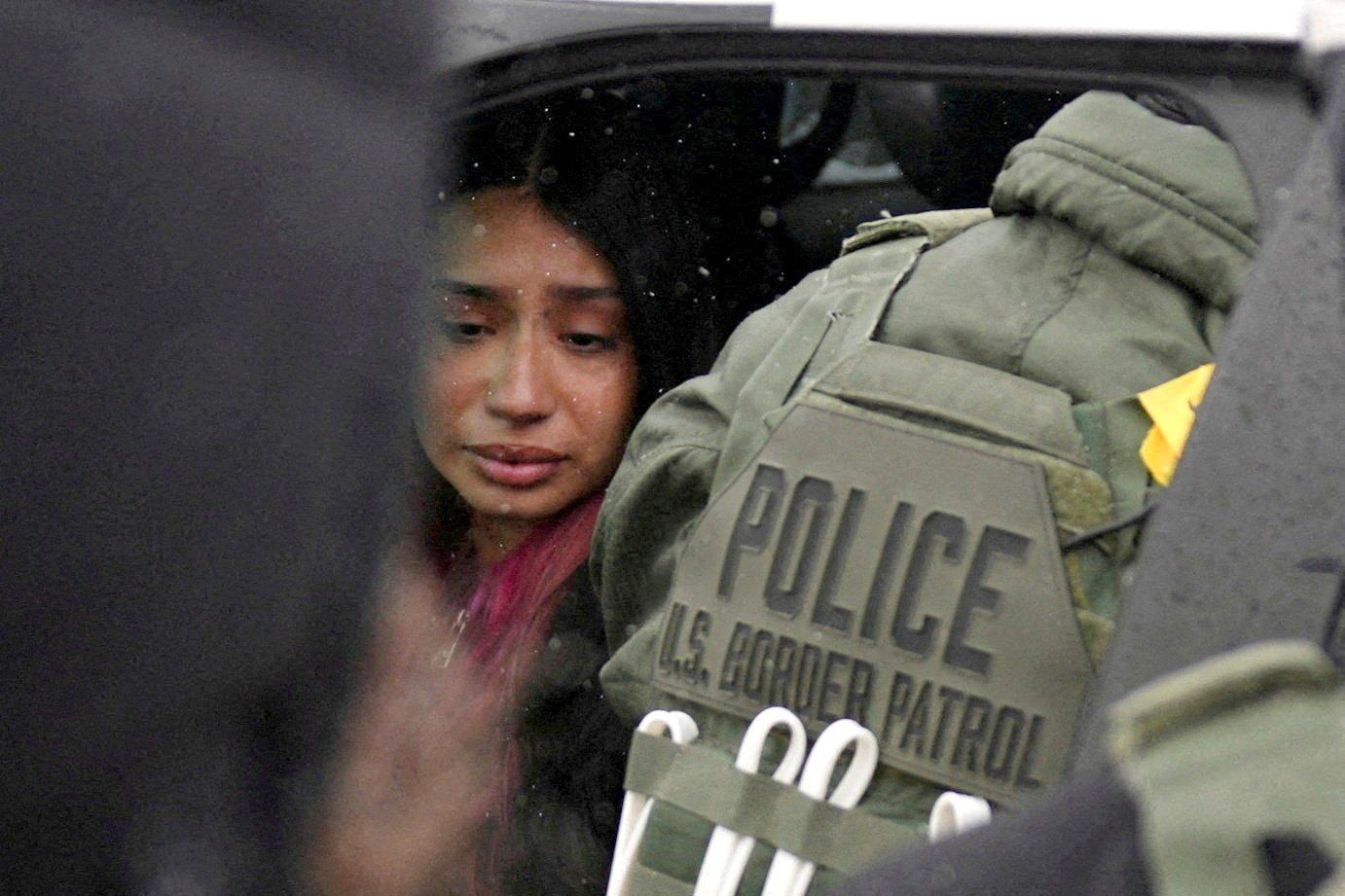










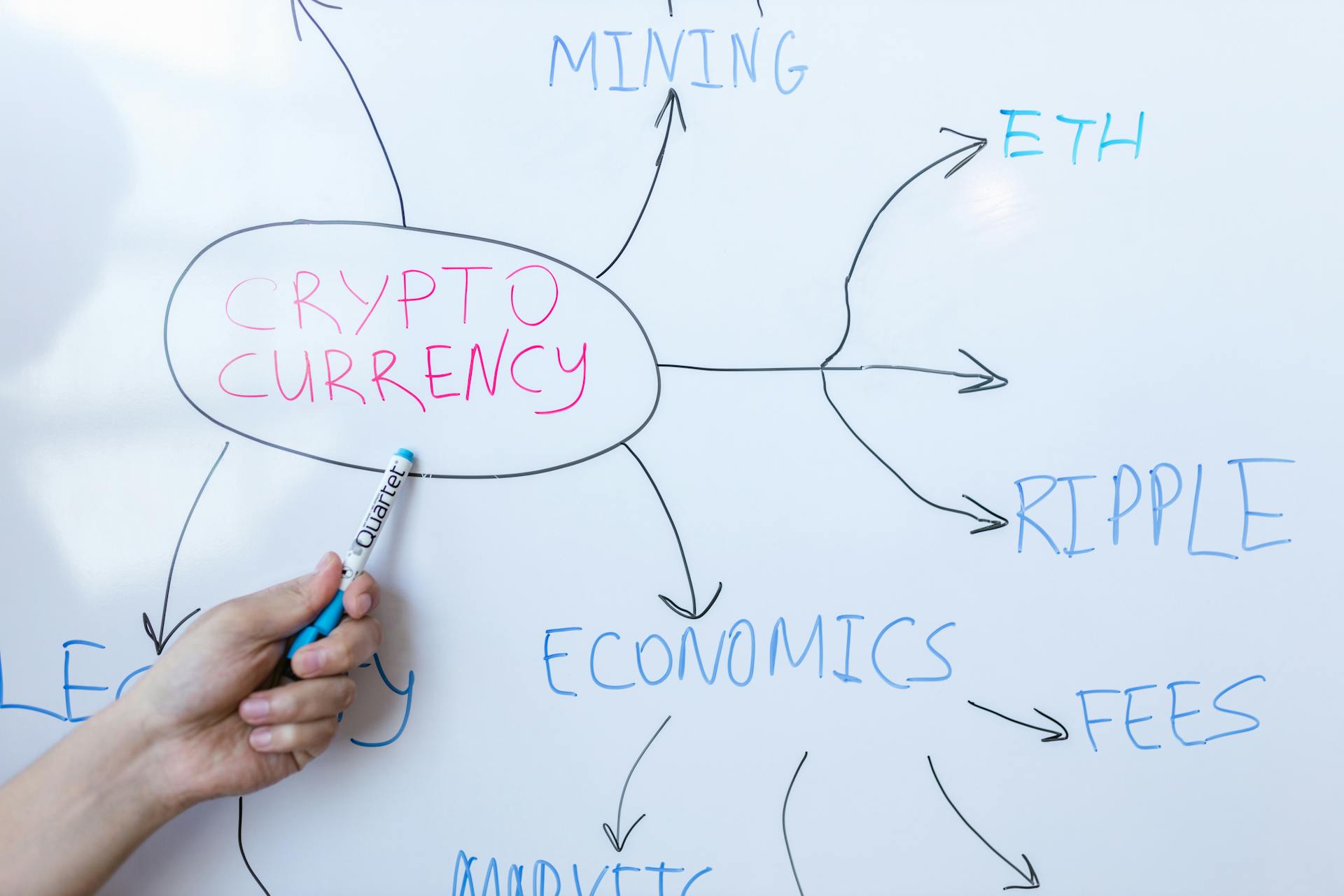
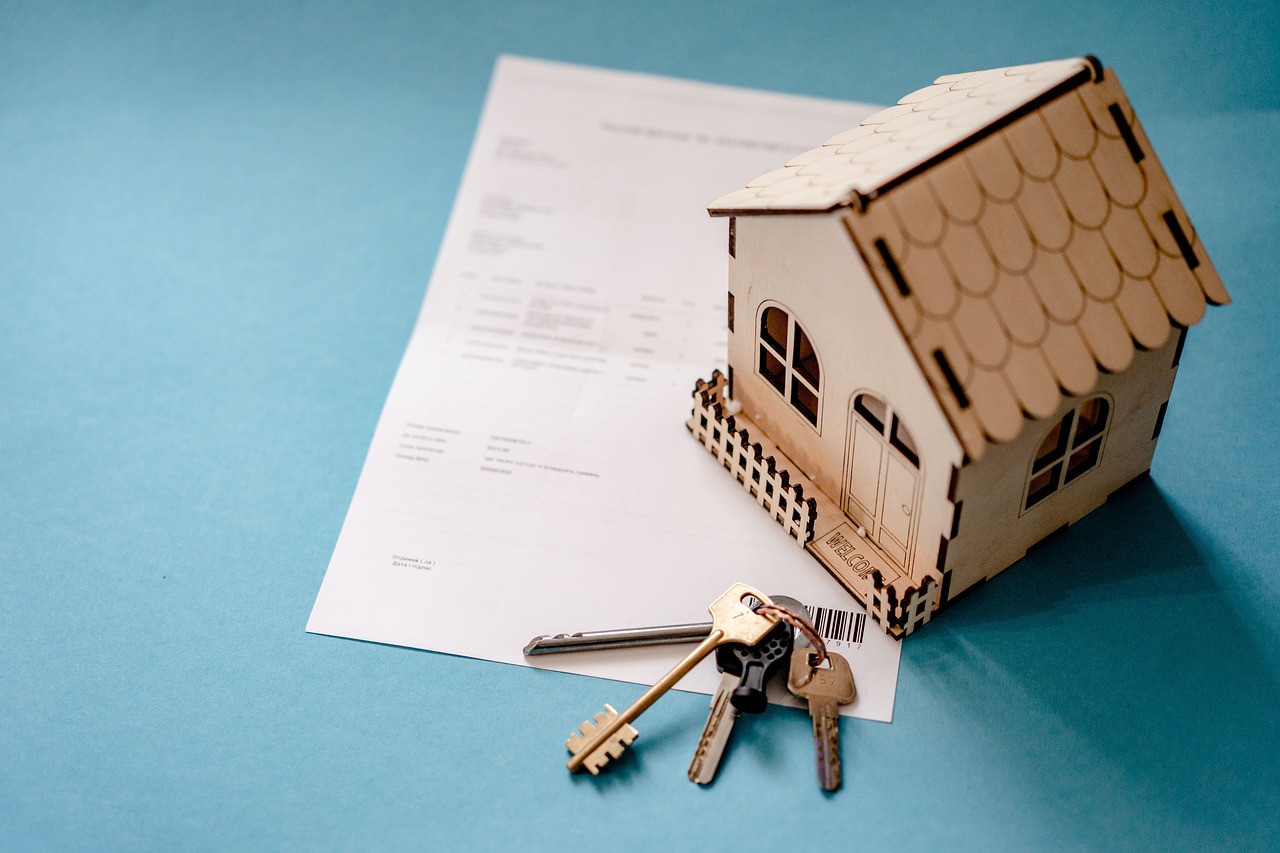



:quality(85):upscale()/2023/09/18/918/n/1922398/a1136b676508baddc752f5.20098216_.jpg)
:quality(85):upscale()/2025/10/09/670/n/1922283/00b944c868e7cf4f7b79b3.95741067_.jpg)
:quality(85):upscale()/2025/10/15/765/n/1922398/29c37a6e68efd84bb02f35.49541188_.jpg)
:quality(85):upscale()/2025/09/09/891/n/1922283/7222624268c08ccba1c9a3.01436482_.png)
















